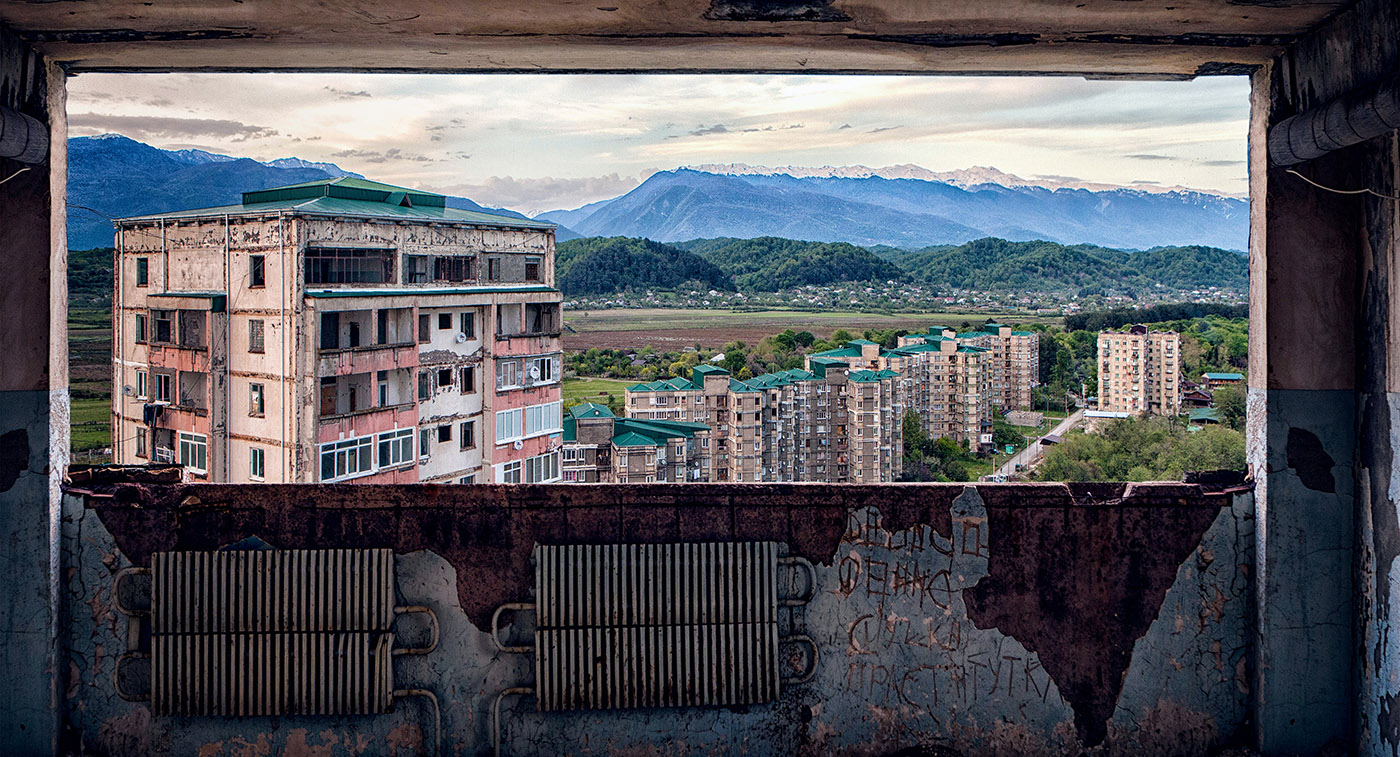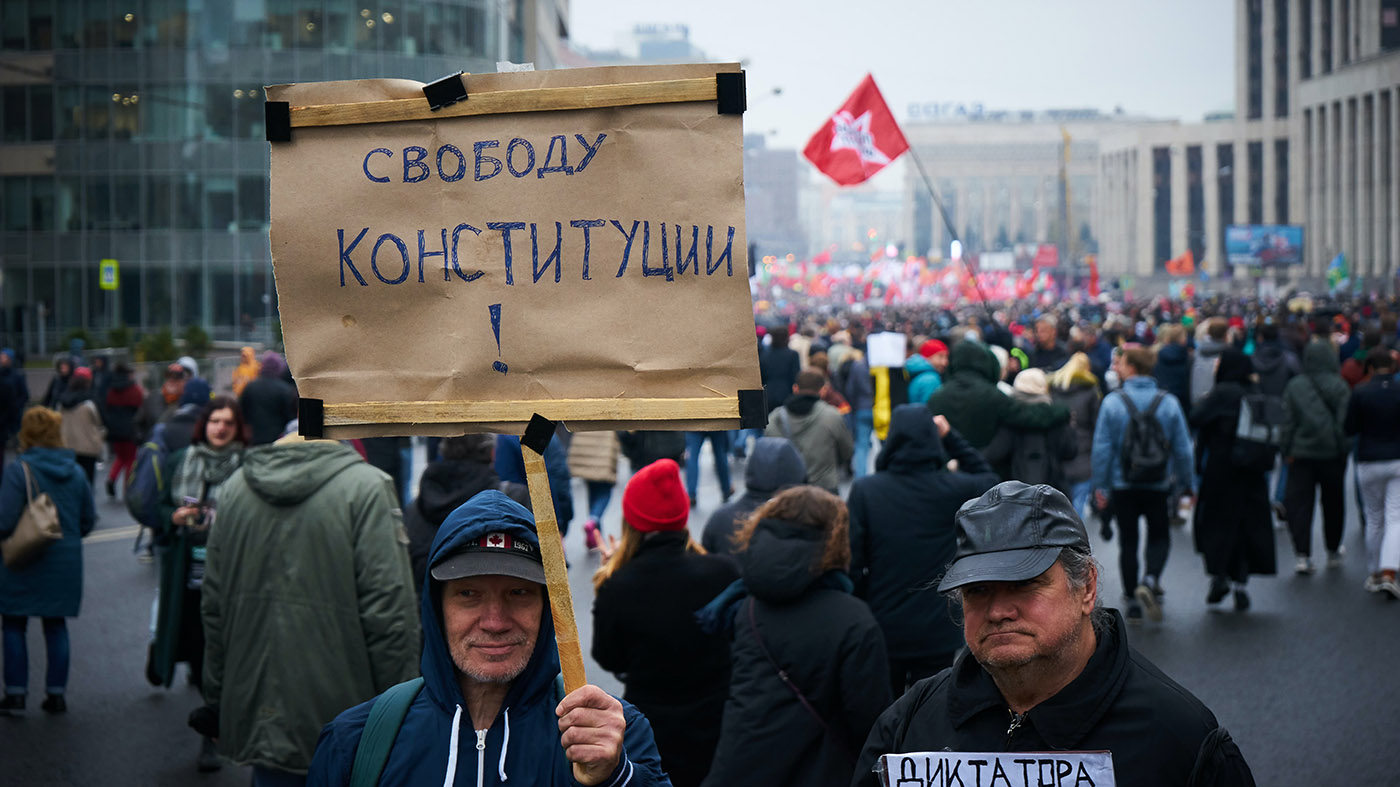In recent months, the context of the Armenian‑Russian relationship has been dramatically transformed. After a sustained period of decline, the strategic partnership between the two countries has now reached its lowest point. In contrast to other cases, such as Russia’s invasion of Ukraine, much of its deterioration with Armenia has been driven by the Kremlin’s lack of action and attention.
The Impact of Russia’s Invasion of Ukraine
Despite the now obvious mistakes, missteps, and miscalculations in Russia’s invasion of Ukraine, President Vladimir Putin has excelled in one area—making enemies and losing friends. From Central Asia to the South Caucasus, each of Russia’s neighbours now understands its weakness and recognizes that Russia is deeply isolated, even if it is ever more dangerous. And nowhere this perception is as clear as in Armenia.
For over twenty years, Armenian foreign policy has been defined by a pursuit of “complementarity”—a struggle to maintain a strategic “balance” between its security partnership with Russia and its interest in deepening ties to the EU and the West. This policy has been difficult to maintain over the years, especially given Armenia’s underlying dependence on Russia, which is driven by security and military ties. But since the 2020 war for Nagorno‑Karabakh, the limits of Russian security promises to Armenia have become obvious. With the Russian invasion of Ukraine, Armenia now faces an even more imposing and, perhaps, impossible challenge to meet Moscow’s expectations for loyalty and support for its aggression against Ukraine.
Dispelling the Myth of Russian Power
Since the unjustified and unprovoked invasion of Ukraine, Russia’s fraught military campaign has demonstrated that its military is much weaker than previously thought. The repercussions from this unexpected weakness have fostered a new realization among many of Russia’s neighbours that Russian power and influence are limited.
More broadly, President Putin’s failed plan to take over Ukraine has gravely, if not fatally, undermined Russian power and influence. Following the demonstrable blunders of the overpraised Russian military, we now see an isolated, angry, and vengeful Putin, who is particularly sensitive to any signs of weakness. This means that in other “frozen” conflicts, ranging from Georgia to Moldova, he may seek to boost Russia’s declining power by a show of strength. Failures in Ukraine may result in a more dangerous and resentful Russian leadership, which, out of desperation, could demand greater loyalty from “allies” like Armenia and the Central Asian states.
Beyond the now clear challenge of Russia as an unreliable security partner, Armenia has also lost confidence in the Russia‑dominated Collective Security Treaty Organization (CSTO) as a security provider. This perception stems from the CSTO’s failure to adequately respond to Azerbaijani attacks on Armenia, reaffirming the moral bankruptcy of the so‑called alliance, which now could be more aptly described as the Collective Insecurity Treaty Organization. This perception motivated the Armenian government’s January 2023 decision to refuse to host the CSTO military exercises in a rare display of Armenian frustration, if not rejection of the organization. Russia’s failure to properly respond to Azerbaijani incursions and continued illegal presence of military forces within Armenia also marked a pre‑existing crisis in relations well before the current Russian incapacity to end the Azerbaijani‑imposed siege of Nagorno‑Karabakh. This is especially significant, given the presence of some 2,000 Russian peacekeepers who remain the only source for security and protection of the Karabakh population.
The Siege of Karabakh
In strictly military terms, Russia’s invasion of Ukraine has little to no direct impact on the Russian peacekeeping mission in Nagorno‑Karabakh. But in diplomatic terms, Azerbaijan has already taken advantage of the situation by increasing pressure on Armenia and Karabakh, as seen by its blockade of the latter in December 2022. Azerbaijan’s strategy includes more than simply taking advantage of distractions, such as Russia’s war in Ukraine, to increase pressure on Armenia—it stands out as a bold defiance of Russia. Bolstered by Turkish support, Azerbaijan is likely to pursue this strategy further.
The latest disaster is the siege of Karabakh, where roughly 140,000 Armenians currently reside. Since December 12, 2022, the Karabakh Armenians have been cut off from the world because of Azerbaijan’s blocking of the only road that leads to the Karabakh enclave. Under Azerbaijan’s long‑term authoritarian rule, any protest or public dissent is strictly banned and subject to immediate arrest and harsh criminal penalties. Yet, Azerbaijan is using the pretest of environmental activism to frame the Karabakh crisis as a civic protest and thus cover up its more basic, nationalism‑driven pursuit of this territory. This is clearly a state‑directed strategy rather than a spontaneous civic protest.
The situation in Karabakh has turned into a humanitarian disaster marked by serious shortages of critical medications, basic food and other supplies, and evoking comparisons with the siege of Stalingrad during World War II. The crisis is exacerbated by Azerbaijan’s refusal to allow access to Karabakh by the UN or international aid organizations, with the sole exception of the International Committee of the Red Cross (ICRC).
For Azerbaijan, the 2020 war for Nagorno‑Karabakh ended without a clear victory, but failure to retake control of the Karabakh enclave left Baku with a sense of incomplete victory, which drives the current escalation. The December 12 decision to cut off the sole lifeline between Karabakh and Armenia is only the latest step in Azerbaijan’s campaign to retake control of Nagorno Karabakh. Previously, it had cut natural gas supplies, engaged in sporadic interference in cellular and internet coverage, and threatened to hinder supplies of water and electricity. This so‑called “climate change” campaign aims at fostering a new environment of insecurity and uncertainty, designed to force an exodus of Armenians from Karabakh as a prelude to Azerbaijan’s forcible annexation of the enclave.
The timing of Azerbaijan’s imposition of the Karabakh blockade is largely rooted in the combination of Armenian weakness, following its devastating loss in the 2020 war, and Russia’s inaction, caused by its engagement in a disastrous war in Ukraine. The Armenian government, too, has little leverage to come and aid Karabakh, but this crisis is less about Armenia and more about Azerbaijan’s bold disregard of norms and standards of international behavior. In terms of diplomacy, this escalation does little to inspire confidence in Azerbaijan’s promises of post‑war security.
Conclusion
The key takeaway from the current humanitarian crisis in Karabakh is two‑fold. First, the siege of Nagorno‑Karabakh stands as a direct challenge to Russia, which has assumed responsibility for protecting the population as part of its peacekeeping mission and mandate. Second, the crisis is also a challenge to the international community, which has a responsibility to protect the Armenian victims in the face of Azerbaijan’s egregious aggression. Given Russia’s failure to respond to the crisis, the solution is the immediate and urgent engagement of the Western and international community.
Azerbaijan remains emboldened and empowered by both the perception of Azerbaijani leverage over the EU in the light the strategic gas deal and the reality of Turkey’s influence and command in the region. Still, Azerbaijan is playing with fire, dangerously testing the limits of Russian patience, and inviting a possibly deadly “day of reckoning” between Moscow and Baku. But even if such a showdown is to take place, it will be too late for the Karabakh Armenians.
In the period of insecurity and uncertainty after the Nagorno‑Karabakh war, only one thing is clear: Russia has become unreliable and unpredictable. It poses a new deadly challenge; and, given its blunders in Ukraine, the logic and expectations of Russian security obligation to Armenia no longer apply.





